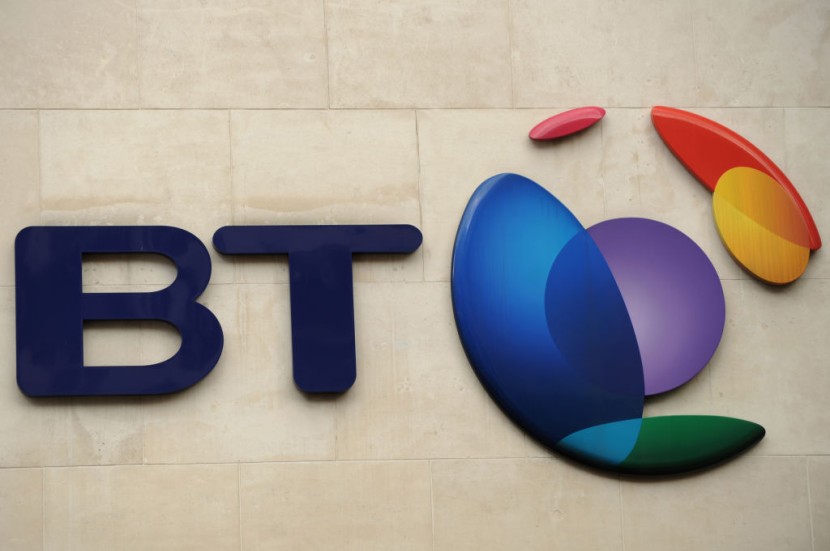
The telecom firm BT plans to lay off up to 55,000 people by the end of the decade, largely in the UK. Its customer service department may lose as much as 20% of its employees to automation such as artificial intelligence (AI).
According to Forbes, staff and independent contractors will reportedly be cut, representing more than 40% of the current workforce of 130,000. "Whenever you get new technologies, you can get big changes," BT CEO Philip Jansen stated.
Human Staff vs. New Tech
In a report by BBC, Jansen justified that utilizing generative AI tools like ChatGPT offers them hope to go even further since it can compose essays, plays, poetry, and solve computer code problems in a manner that is indistinguishable from a human.
Jansen claimed that AI would improve their services by making them more efficient and streamlined. He assured consumers would not notice any differences or feel like they were communicating with robots.
He affirmed that the company's multi-channel, online, and 450 stores business model will not change.
Even though BT has said it would have a considerably smaller staff by 2030, Jansen emphasized that new technologies generate new jobs.
In an effort to phase out its use of copper, BT, the biggest internet and mobile provider in the UK, is rapidly expanding its fiber network. The corporation claims that once this is done, it will need fewer workers to construct and maintain its networks.
He predicted that fewer employees would be required to assist clients in the future owing to newer, more efficient technologies such as AI.
Shortly before this, Vodafone said it would eliminate 11,000 positions from its workforce over the following three years.
Decline in UK Employment
For BT to become "a leaner business with a brighter future," as Jansen put it, the company must eliminate between 40,000 and 55,000 positions by 2030.
Most of the layoffs will affect the company's roughly 80,000 workers in the UK. Roughly 20,000 people are stationed overseas.
It also employs 30,000 freelancers, mostly in foreign countries. Lots of those jobs are going away.
In a breakdown presented by BBC, BT will lay off 15,000 roles as it finishes constructing fiber networks throughout the UK. Then, an additional 10,000 will be fired as fewer repairs are needed for the new networks. More than 10,000 will be cut due to cutting-edge tools like AI.
BT will also remove roughly 5,000 jobs, resulting from organizational change.
BT reported a 12% decline in earnings to £1.7 billion ($2.1 billion) for the year ending in April, which prompted the announcement. After disappointing financial reports, its stock price dropped by more than 7%.
According to James Barford, director of telecommunications research at Enders Analysis, more general efficiency savings were behind Vodafone's layoffs, whereas fewer workers were required for network construction at BT. He claimed that overall strategies were in place for both situations, with savings having been discussed in terms of money rather than personnel reduction.
© 2026 HNGN, All rights reserved. Do not reproduce without permission.








